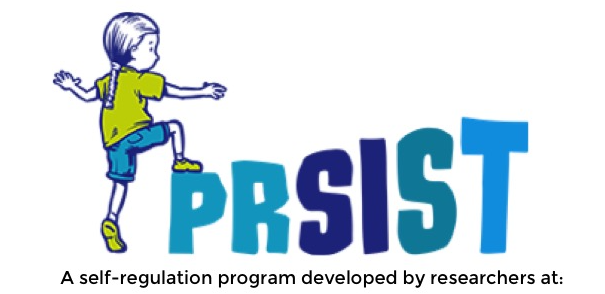
Reading Rounds
What to do: Using either a picture book without words, or a story that is familiar to the children, have the children take turns constructing or recalling the story. Set an order in advance, one child per page, and support children in maintaining this sequence. To enrich this experience, ask probing questions of the ‘narrator’ to gain further insight and detail into the part of the story that relates to their page. You can also involve other children, asking them questions and linking to their personal experiences. You can support the children in conversational turn taking strategies – e.g., if they didn’t want a story to go in a particular direction, they can acknowledge the current direction but begin to steer it back toward the original direction.
Too easy? How to increase challenge: Don’t use a book at all. Have children invent a new story, one plot point or sentence at a time, paying careful attention to what came before so that the next addition follows on.
Ideal formation(s): Individual (where adult takes a turn) or small group.
What you need: A picture book without words, or a book/story that is familiar to the children.
What it does: This activity challenges children’s ability to take turns, listen carefully to others, and give appropriate responses that follow from what others have said (even when these are not preferred by the child). Children must also inhibit their temptation to interrupt or speak without pause, to instead give others a chance to speak and listen carefully to their words.
Links to EYLF:
- Openly express their feelings and ideas in their interactions with others; Respond to ideas and suggestions of others (from Outcome 1.1)
- Begin to initiate negotiating and sharing behaviours; Be open to new challenges and discoveries; Take considered risks in their decision-making and cope with the unexpected; Increasingly cooperate and work collaboratively with others (from Outcome 1.2)
- Display awareness of and respect for others perspectives; Express a wide variety of emotions, thoughts and views constructively (from Outcome 1.4)
- Cooperate with others and negotiate roles and relationships in play episodes and group experiences; Contribute to fair decision-making about matters that affect them (from Outcome 2.1)
- Listen to others’ ideas and respect different ways of being and doing (from Outcome 2.2)
- Participate with others to solve problems and contribute to group outcomes (from Outcome 2.4)
- Make choices, accept challenges, take considered risks, manage change and cope with frustrations and the unexpected (from Outcome 3.1)
- Initiate and contribute to play experiences emerging from their own ideas; Persist even when they find a task difficult (from Outcome 4.1)
- Apply a wide variety of thinking strategies to engage with situations and solve problems, and adapt these strategies to new situations (from Outcome 4.2)
- Contribute their ideas and experiences in play, small and large group discussions; Express ideas and feelings and understand and respect the perspectives of others (from Outcome 5.1)
- Actively use, engage with and share the enjoyment of language and texts in range of ways (from Outcome 5.2)




